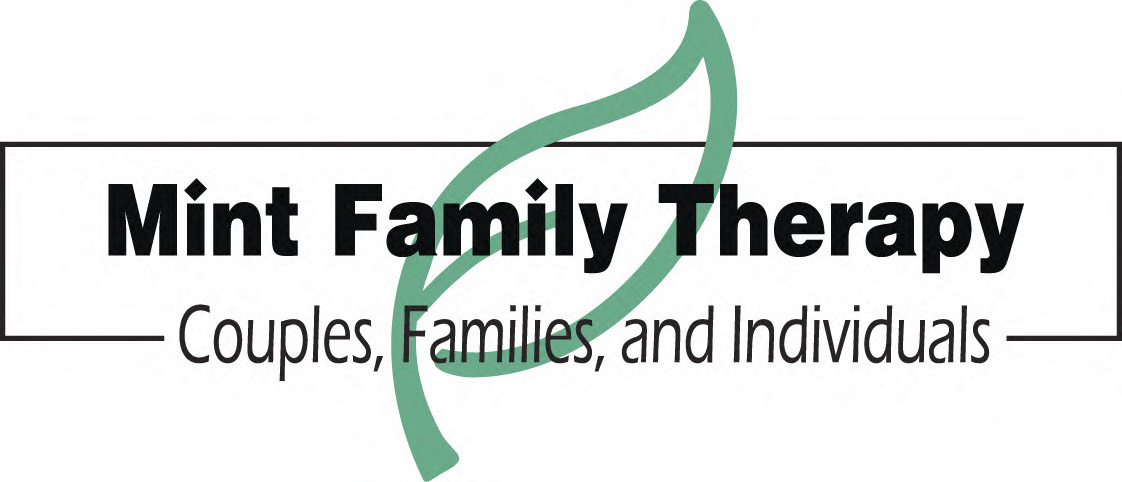Unconditional Love
The Conditional Love Cycle: How Our Childhood Shapes Our Adult Relationships and Parenting
Imagine growing up in a world where love isn’t steady — it’s conditional. You’re praised and embraced when you do well, but when you misstep, love is withheld, affection is withdrawn, and connection becomes a reward you have to earn.
Now fast forward. You’re an adult, longing for connection with your partner, but finding yourself constantly wondering, “Am I good enough to be chosen? Am I lovable even when I mess up?” That question is the echo of a conditional love cycle, a cycle that began in childhood and now reverberates in adulthood.
How Conditional Love Becomes Our Blueprint
In the Relational Inheritance Cycle, the way we’re parented shapes our attachment style. Our attachment style then evolves into our adult relational style, which eventually becomes the foundation for our own parenting style if we have children. But what happens when love was used as a form of control? When affection was withheld to gain compliance?
As children, we’re wired to seek connection and approval. When love is withdrawn as a way to control behavior, we learn to associate love with compliance. We learn that love is something to be earned, not given freely. This conditional love cycle teaches us that we are only valuable when we do what others want.
How It Shows Up in Adult Relationships
Fast forward to adulthood, and that conditioning becomes a silent script running beneath our interactions. If your partner is distant, your mind may start to spin:
“Did I do something wrong?”
“Why won’t they choose me?”
“I must not be good enough.”
This is the old, unhealed wound of conditional love — still searching for the steady, unconditional connection that was missing in childhood.
Breaking the Cycle: From Conditional to Unconditional
To break this cycle, we have to first recognize it. We can’t change what we don’t see. Here are a few steps to begin the shift:
Name It: Recognize when your old script is activated. Are you seeking validation through compliance? Are you interpreting distance as rejection?
Check Your Lens: Ask yourself, “Am I responding to my partner or to the echoes of my childhood?”
Intentional Statements: Reclaim your voice. Share your needs without assigning blame. For example, “I feel distant right now and would love to reconnect.”
Challenge the Script: Remind yourself that love isn’t conditional — not from your partner, and not from yourself. What would it look like to love without needing to earn it?
Parenting and the Next Generation
If we don’t break the cycle, we’re likely to pass it on. We may use love and affection as tools for compliance with our own children, unknowingly repeating the very pattern that hurt us. Instead, we can model unconditional love by showing our children that they are valued, even when they struggle, even when they misstep.
Unconditional love doesn’t mean no boundaries. It means that boundaries are set with love, not with the threat of losing connection. And when we model this, we plant the seeds for the next generation to feel seen, valued, and chosen — without conditions.
How are you showing up in your relationships today? Are you operating from the old script of conditional love, or are you ready to rewrite it as a story of unconditional connection?

